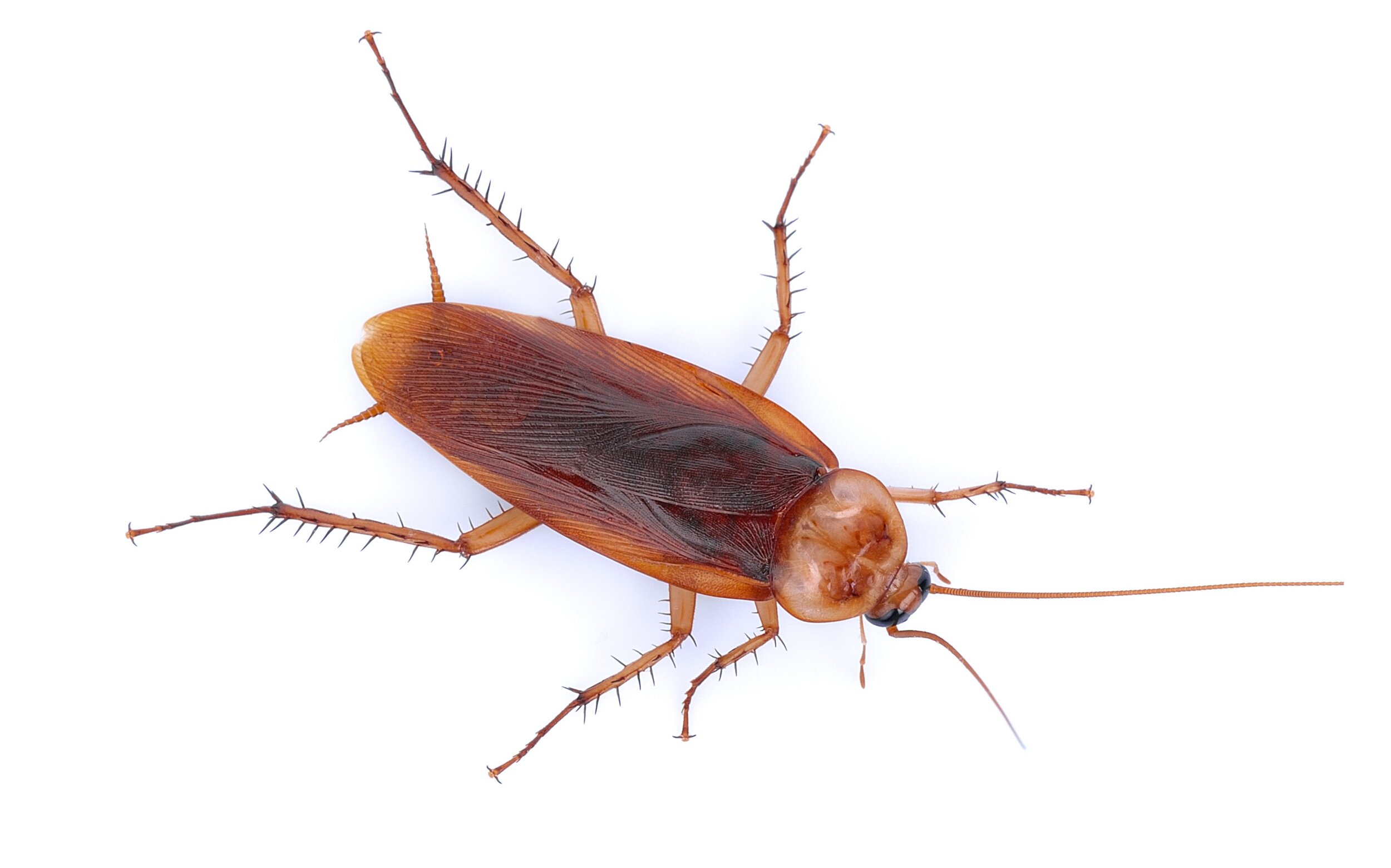
Cockroach Allergy
Allergy to cockroaches is a significant health problem, especially in urban environments.
What Is Allergy to Cockroaches?
Cockroach allergy occurs when a person's immune system reacts to proteins in the feces, saliva, or body parts of cockroaches. These allergens can become airborne and inhaled, leading to allergic reactions. This type of allergy is particularly common in urban areas and is known to exacerbate asthma symptoms, especially in children.
Causes of Allergy to Cockroaches
The primary cause of cockroach allergy is an immune system response to cockroach allergens. When a susceptible individual inhales these allergens, their body perceives them as harmful, triggering an allergic reaction. The allergens can be found in various parts of the cockroach and their droppings, and can linger in dust or become airborne.
Signs and Symptoms of Cockroach Allergy
Symptoms of cockroach allergy can vary but often include:
Respiratory Symptoms: Sneezing, coughing, nasal congestion, sinusitis, wheezing, shortness of breath, and asthma exacerbations.
Skin Reactions: Skin rashes, eczema, or hives.
Eye Irritation: Itchy, red, or watery eyes.
In severe cases, exposure to cockroach allergens can lead to asthma attacks, which can be life-threatening.
Risk Factors of Allergy to Cockroaches
Risk factors for developing an allergy to cockroaches include:
Living in Urban Areas: High population density and poor waste management contribute to cockroach infestations.
Existing Allergies or Asthma: Individuals with other allergies or asthma are more likely to develop a cockroach allergy.
Socioeconomic Factors: Lower socioeconomic status is often linked with living conditions that are conducive to cockroach infestations.
Genetics: A family history of allergies or asthma can increase the risk.
How Is Cockroach Allergy Diagnosed?
Diagnosing a cockroach allergy typically involves:
Medical History: Discussing symptoms, their occurrence, and any known allergies.
Physical Examination: Checking for signs of allergic reactions.
Allergy Testing: Skin prick tests or blood tests to identify specific allergen sensitivities, including cockroach allergen.
Treatments for Cockroach Allergy
Treatment options for cockroach allergy include:
Allergen Avoidance: The primary treatment is to avoid exposure to cockroach allergens.
Medications: Antihistamines, decongestants, nasal corticosteroids, and asthma medications can relieve symptoms.
Allergy Shots (Immunotherapy): In some cases, allergen immunotherapy can be effective in reducing the severity of allergic reactions over time.
Emergency Treatment: For severe reactions, such as asthma attacks, immediate medical attention is necessary.
Preventive Measure to Avoid Cockroach Allergy
Preventing cockroach allergy involves minimizing exposure to cockroaches and their allergens:
Sanitation: Keep the home clean and free of food scraps and standing water. Regularly dispose of garbage and use sealed containers for food storage.
Exclusion: Seal cracks and crevices in walls, around windows, and in other areas where cockroaches may enter.
Humidity Control: Use dehumidifiers to maintain low indoor humidity levels, as cockroaches thrive in moist environments.
Pest Control: Regular pest control measures can help reduce cockroach populations. This can include traps, baits, and, if necessary, professional extermination.
Reducing Clutter: Cockroaches hide in cluttered areas, so reducing clutter can limit their hiding spots.
Regular Cleaning: Vacuuming and dusting regularly can reduce allergens present in the home environment.
Contact Dr. Lubitz Today and Arrange a Consultation
If your asthma or allergies are getting you down, don’t suffer needlessly. Same-day appointments are available. We have multiple offices throughout Manhattan.
